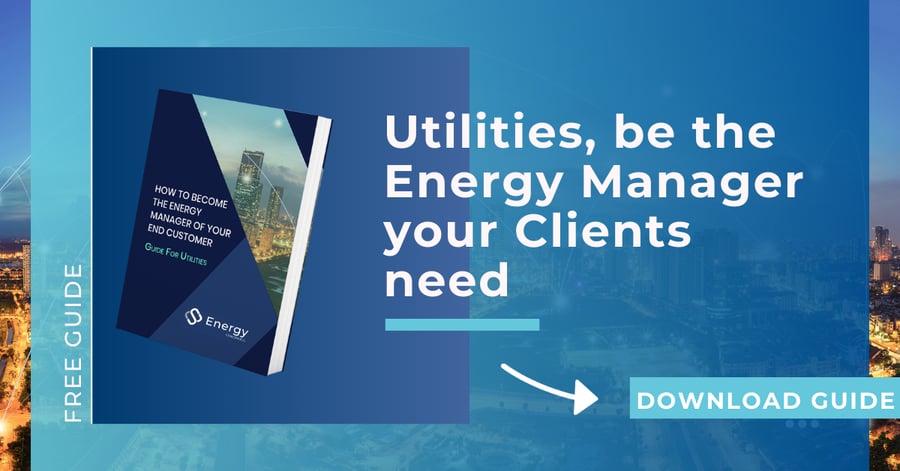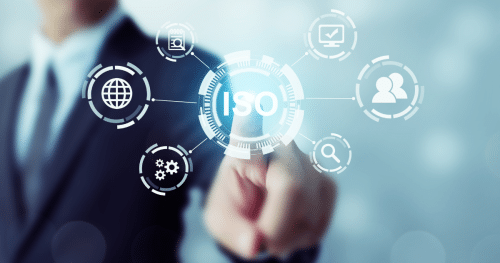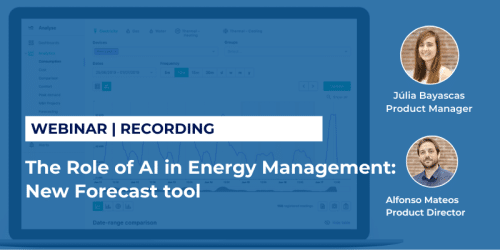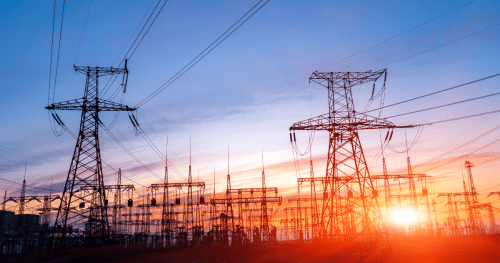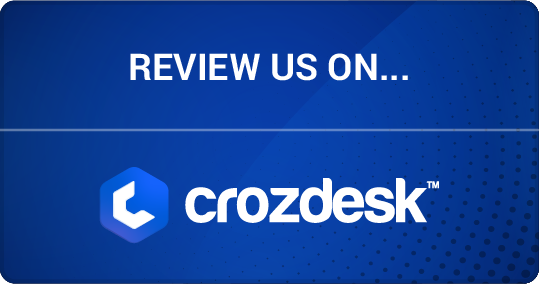As an energy professional in a Utility, how can you help customers become more energy-efficient without compromising your business model?
With the rise of new energy technologies and growing pressure to meet sustainability goals, the role of utility companies is evolving. Today’s energy consumers are looking for more than just a supplier—they want a partner that helps them manage and optimize their energy usage.
This article explores how utilities can transform potential threats into long-term growth by repositioning themselves as trusted energy advisers and service providers.
Are Energy Efficiency Technologies a Threat to Utilities?
At first glance, they might seem to be. If customers consume less energy thanks to efficient lighting, electric vehicles (EVs), or solar panels, it could lead to reduced energy sales.
But this shift in consumption also opens the door to new opportunities. Even more since almost every activity nowadays requires the supply of energy, whether it’s electricity, water or gas.

3 Energy Trends Turning Threats Into Opportunities
1. Electrification of Consumption
The energy transition is driving electrification across sectors. And while these technologies are more efficient, they increase the overall demand for electricity, ideally sourced from renewables.
This change allows utilities to remain central to energy supply, just through cleaner and smarter consumption.
2. From Selling Energy to Selling Services
As margins from energy sales decline, utilities can shift focus to value-added services. These include:
- Installation and maintenance of solar PV systems
- EV charging infrastructure
- Energy audits and consulting
With established trust and customer access, utilities are perfectly positioned to offer these services.
3. Better Financing Options
Utilities can also offer in-house financing for energy efficiency upgrades—often with more favorable terms than traditional banks. This creates new revenue streams and enhances customer loyalty.
The Consequences of Inaction
If utilities don’t act, customers will turn to other players in the value chain—tech providers, aggregators, or new market entrants. The result? A progressive decline in both sales and customer relationships.
Utilities as Energy Managers
To stay relevant, utilities must reimagine their role. You must become trusted energy advisers—digital-first, customer-centric, and solution-oriented.
This means:
- Offering tailored recommendations
- Monitoring consumption in real time
- Helping customers reduce waste without compromising performance
What are the Key Traits of an Energy Manager to Focus on?
A utility that acts as an energy manager should be able to:
1. Identify and Quantify Consumption
Understand where energy is being used and wasted. Recommend tariff optimizations and detect inefficiencies.
2. Simplify Energy Bills
Help customers make sense of complex energy bills, promoting transparency and trust.
3. Prioritize Actions
Start with easy wins (e.g. better tariffs), then scale to more impactful upgrades (e.g. HVAC optimization, LED lighting, capacitor banks for reactive power penalties).
4. Focus on High-Consumption Systems
Use digital tools to analyze intensive systems like air conditioning, heating, and industrial equipment—then recommend efficiency measures.
5. Leverage Digital Tools
Use advanced energy management software to:
- Detect overconsumption
- Benchmark across similar buildings
- Generate automated reports and alerts
- Offer customers self-service data portals
4 Value-Added Services Utilities Can Offer
- Energy Monitoring and Reporting Tools
Help customers visualize and understand their energy data.
- Energy Audits and Optimization Plans
Provide expert advice on where and how to improve efficiency.
- Technology Installations
Offer installation of PV systems, EV charging stations, or efficient HVAC systems.
- Service Financing
Make upgrades accessible with competitive in-house financing packages.
Becoming an energy manager doesn’t just reduce your risk—it grows your role in the value chain. With the right strategy and digital tools, you can unlock new revenue, deepen customer trust, and lead the energy transition.
Read the full guide for Utilities about how to become the Energy Manager of your Customers here.
